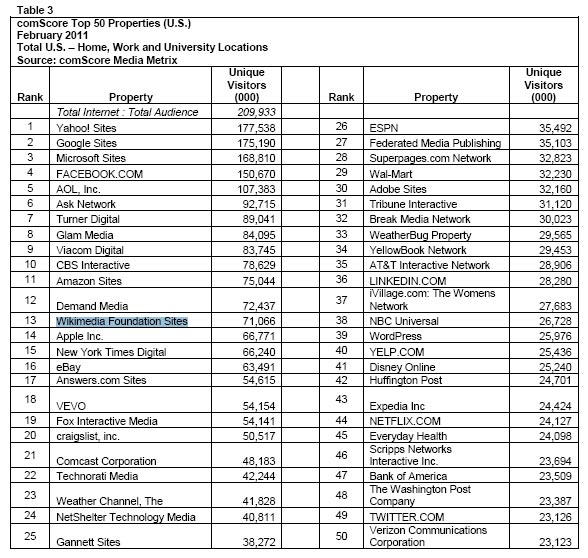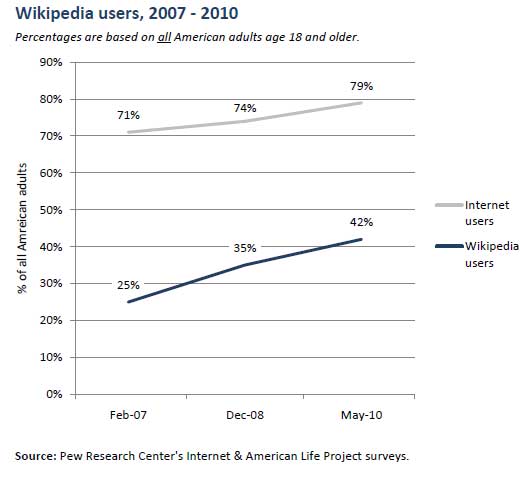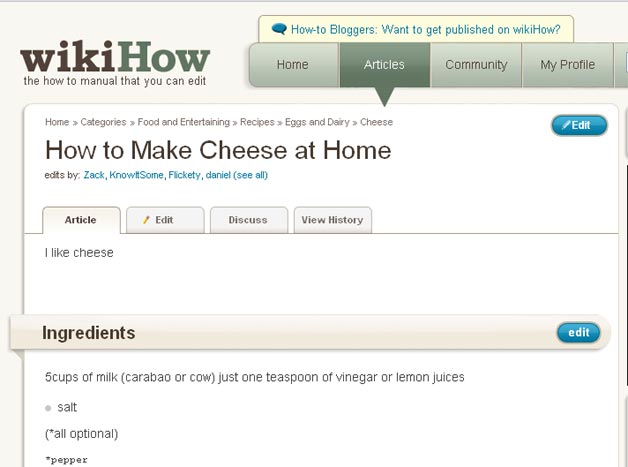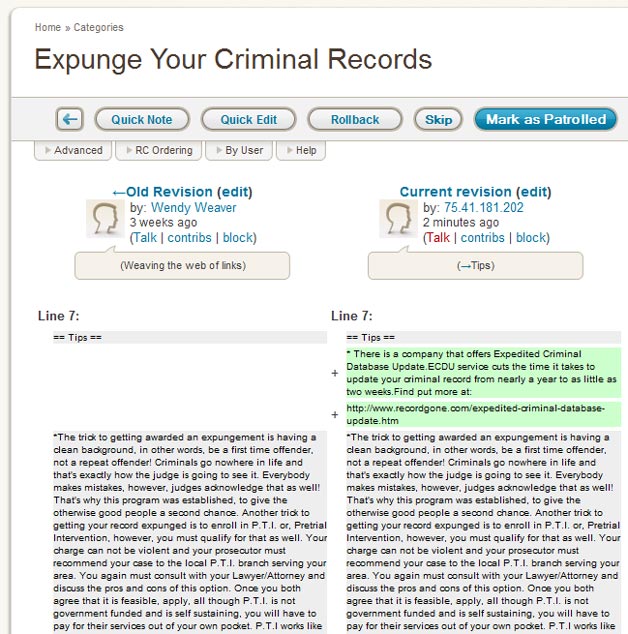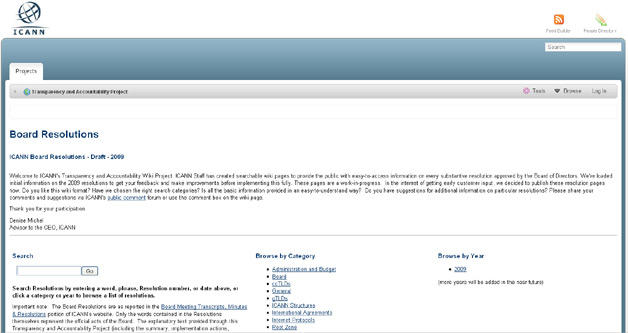This week, Google was granted a patent for “Organizing search results in a topic hierarchy“. The abstract for the patent says:
Methods, systems, and apparatus, including medium-encoded computer program products, for searching a data set and returning search results organized in a hierarchy of categories are disclosed. A set of categories is provided for organizing a set of search results, wherein each category is associated with one or more search results. The set of search results is organized into a hierarchy of categories, the hierarchy including at least one category from the set of categories. At least a portion of the hierarchy of categories is displayed and a user request to modify the hierarchy of categories is received. The hierarchy of categories is modified in accordance with the user request.
It sounds like a directory concept with controls that users can implement to affect the categorization of search results. It may really mean a more human-edited Wikipedia-like approach to search results, however.
Hat tip to Bill Slawski at SEO By The Sea for pointing out this patent, and providing some insight into what Google could do with it.
“When you perform that search for [jaguar], Google may show you a set of categories that you could click upon to choose a category,” explains Slawski. “If you don’t see one you like, Google may also provide a chance for you to add a category. The category that you add might be a personalized result that only you might see. If enough people add a particular category, it might possibly be added to the categories that others see as well.”
“Each category might be associated with one or more search results,” he explains. “The categories may also be organized into a hierarchy of categories. For example, there might a ‘sports’ category associated with the word [jaguar], and that could include the NFL football team, as well as the racing team, and a large number of other teams with the name Jaguar or Jaguars. There may be lower level ‘sports’ categories such as ‘football,’ ‘racing,’ ‘lacrosse,’ and others. A searcher might not only be able to add categories, but also have the ability to modify this hierarchy of categories.”
Users could associate sites with specific categories, or add/remove categories, and there could be a browser add-on element, which would let users make edits to the system from different sites.
As Slawski points out, there is a wiki-like element to the system. The patent says, “A user can re-sort, filter, or display a set of search results organized into a hierarchy of categories and do so on a category-by-category basis. Indeed, the user can modify and customize the categories as well as expand the body of search results associated with the categories, so as to make the operation of a category-based search engine more robust. In addition, user feedback data can be provided related to the content and function of the search engine, adding a wiki-type element of intelligence and content to a category-based search engine.”
Of course there’s no telling if this patent contains any clues to any strategy that Google is currently working on implementing. It was filed in 2008, and a lot has changed in search since then.
The description in the patent wouldn’t be the first time we’ve seen users control things that appear in their search results.
One user commented on Slawski’s post, saying it reminds them of Google’s SideWiki. This patent was filed before Google released SideWiki, which was discontinued last year.
That did come with a browser-based element, I might add, which let you interact with it from different sites on the web.
I’m also reminded of features Google has launched, such as the ability for users to block domains from their search results.

